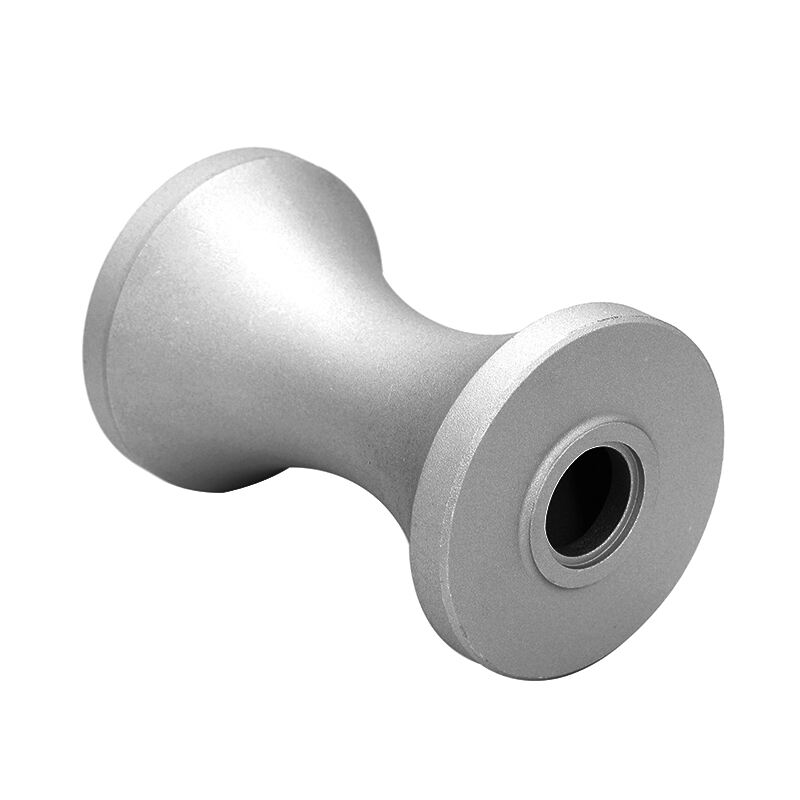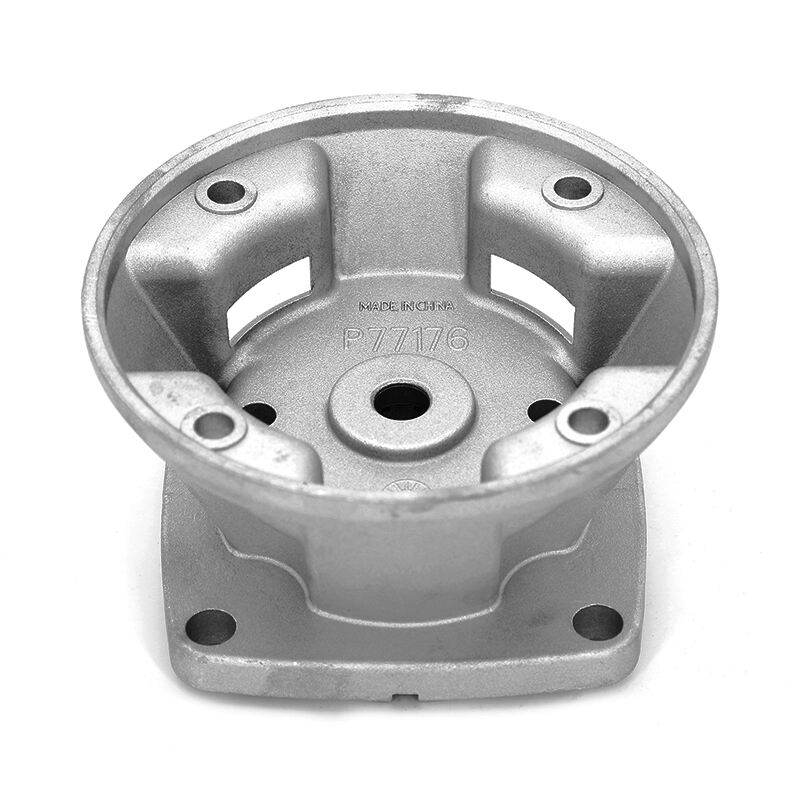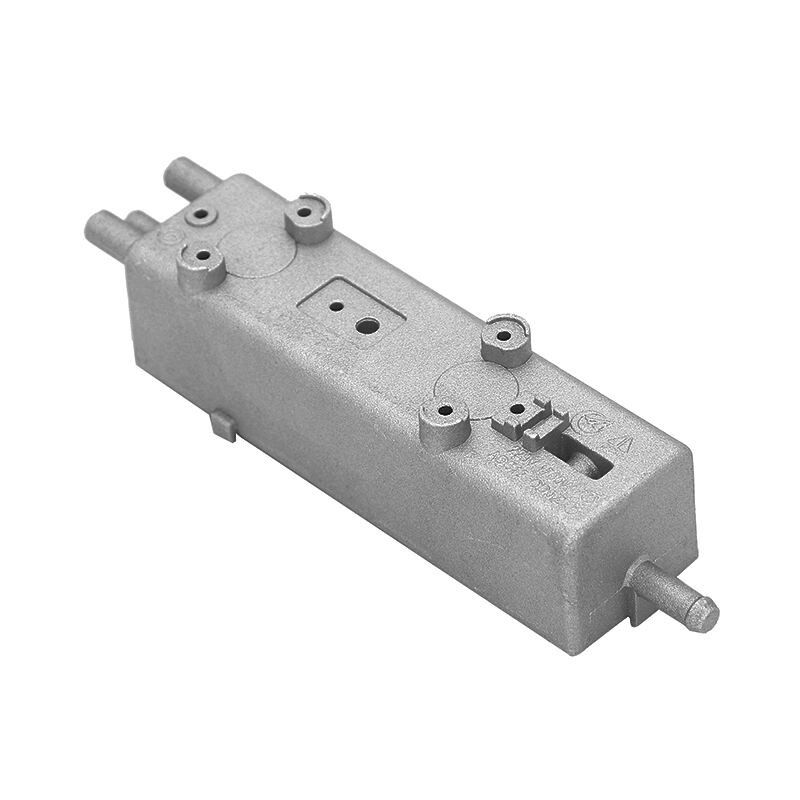aluminum cast parts
Aluminum cast parts represent a cornerstone of modern manufacturing, offering exceptional versatility and reliability across numerous industrial applications. These components are created through a sophisticated casting process where molten aluminum is poured into precisely engineered molds, allowing for the production of complex geometries and intricate designs. The resulting parts exhibit outstanding strength-to-weight ratios, making them ideal for applications where weight reduction is crucial. The manufacturing process ensures consistent quality and dimensional accuracy, while the inherent properties of aluminum provide excellent corrosion resistance and thermal conductivity. These parts find extensive use in automotive engines, aerospace components, industrial machinery, and consumer products. The casting process allows for the integration of various features such as internal passages, mounting points, and structural reinforcements directly into the design, eliminating the need for secondary operations. Modern aluminum casting techniques, including die casting, sand casting, and permanent mold casting, offer different advantages depending on the specific requirements of the application, production volume, and cost considerations.


